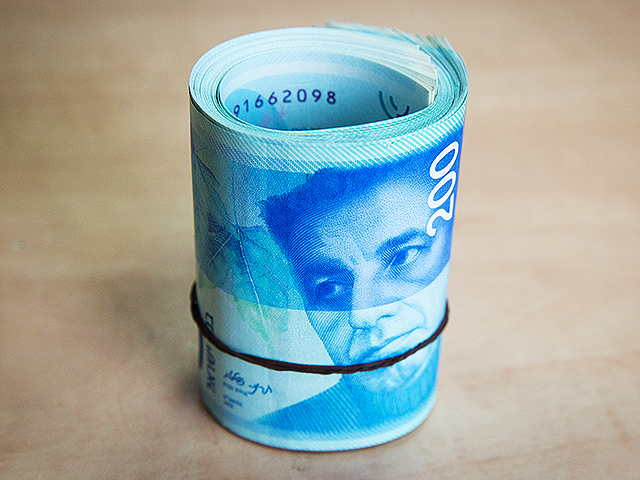Reports about the possible abolition of 200 shekel banknotes, which were heard about a week and a half ago and were very actively circulated in the press, caused the expected panic among the population.
According to the economic publication Calcalist, people lined up at exchange offices, trying to exchange their accumulated cash for currency as quickly as possible, and the exchange rate at currency exchange offices predictably skyrocketed.
In total, amid the panic, people invested about 100 million shekels in banks and exchanged for foreign currency – 3-4 times more than usual. And then the Bank of Israel issued a refutation, stating that the authority to withdraw certain banknotes from circulation belongs, by law, exclusively to the chairman of the Bank of Israel, and he did not make such a decision.
However, even after this announcement, the number of NIS 200 bills being deposited into deposit accounts and exchanged for dollars remains high.
According to the publication, the total amount of cash in the hands of the population is estimated at approximately 132 billion shekels, and 80% of this is kept in NIS 200 banknotes.
The banks admitted that the volume of cash deposits from the population surprised them. Experts emphasize that even if such a law were passed, the process would take years, but it only took a few days of “yellow” and scary headlines for people to take money to banks and exchange offices.
Exchange offices, amid the rush of demand, increased the commission for currency conversion: they sold dollars at a price of about 20 agorot more than the official rate of the Bank of Israel, and euros for about 10 agorot more, and people continued to buy.

Understanding the Dynamics of the Utah Housing Market – Job Shankar
How to Level Up Fast in Lost Ark –